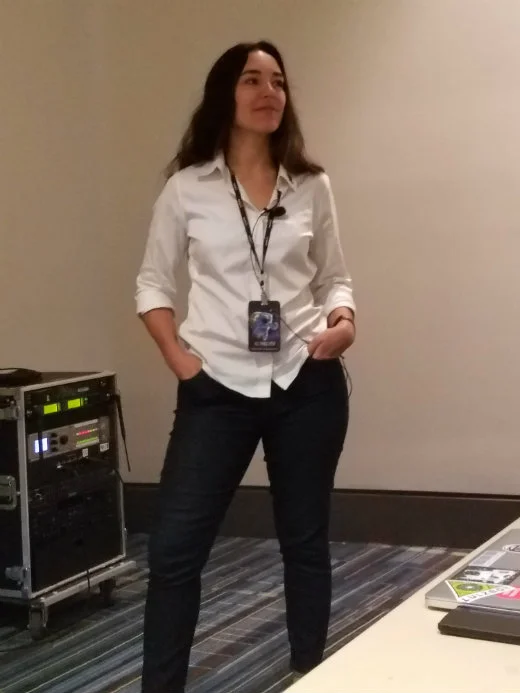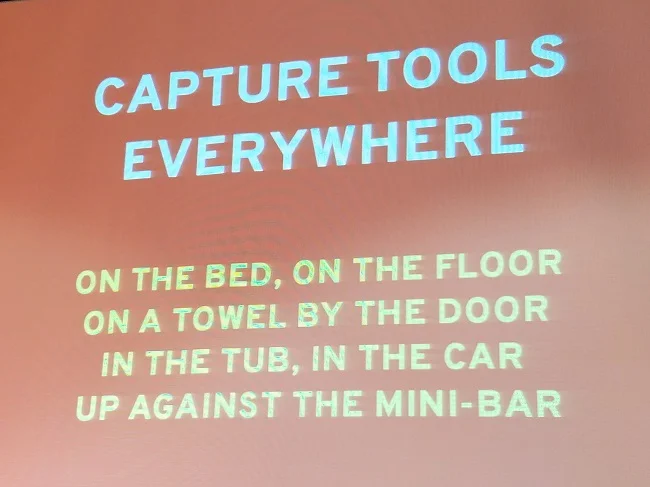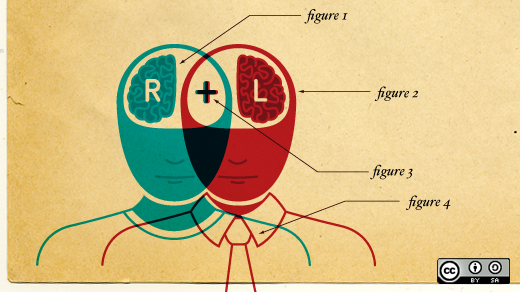Jen Wike Huger and Jason Baker from Opensource.com share some of the productivity tools they use at work. To see a list of the tools and the slides from their presentations, go to Productive.win.
Communication and collaboration
Communication with your team is key.
For chat, IRC or Mattermost are great ways to stay in touch in real time. But chat can be a productivity killer if you feel like you have to be present at all times. Structure your day so that you only focus on necessary chat converstions; log off of chat when you need to focus on another task and set expectations with your team. Also, talk to your team about what types of things will be discussed on chat and what discussions are better for a different method, like a meeting.
For meetings, talking with people in person can be necessary and very helpful for getting things done, but meetings can also be a time sink. Try to set them for only 30 minutes and stick to it. If you need more time, then take it as needed. If you set an agenda (try Etherpad for this), stick to it. Use your calendar to track your time—check out these open source Google calendar alternatives.

Prioritization of tasks is the key, according to Jen Wike Huger.
For email, there are ways to get the most out of it, rather than it just being a chore that you must maintain. Getting through your email first thing in the morning makes a huge difference in your productivity. Having it out of the way frees you up to focus on other things. You can also set an expectation with your team that it needs be checked only a few times a day. If everyone is on the same page, you don't have to feel guilty that you didn't reply right away.
Filtering messages is a must. What is junk? Delete it! What can you address in a few minutes? Do it now! What needs prioritization? Place these in a folder and tackle that folder throughout the day. Check out alternatives to Gmail.

Jason Baker discusses making the most of your time by targeting the big time wasters.
Measurements and analytics
Tracking professional metrics is the best method for pinpointing success and directing growth. Understanding what is most useful to track is equally important. For a website, for example, the number of page views might be one value. To stay productive in your measurements, don't spend too much time measuring what you can't change. If you get obsessed with every stat, you won't be able to take action on the metrics that can provide the most benefit.
Track your time
Hyperfocus. Use a pomodora timer set for 25 minutes, for example, and don't let anything distract you from doing the task at hand. Breaking your day into these tiny chunks makes you much more productive. Block off time on your calendar for specific tasks so that no one can put a meeting in that timeslot. This makes sure you give yourself time to finish the tasks you want to finish in a day.
Other tools that might help you are web browser time trackers and tools to block distracting sites like Reddit and Facebook.
Managing Projects
The tools matter when working on a project. You want the right sized tool for your project, with the right capabilities.
Capture tools
Put tools on all your devices to capture your ideas! You might have an idea in the shower or while off the clock and you don't want to forget it.

You know you are always thinking about work anyway.
Automation tools
Start small. Maybe a spreadsheet can meet your basic needs. You can also use tools like Node-Red to connect "all the things." Some easy things to automate are reports, social media, and reminders for events. Think about things that can be repeated or things that fit in 'if this, then that' statements—these are the things that can be automated.
Productivity powerhouse roundup
- 5 open source alternatives to Gmail
- 4 open source alternatives to slack
- 5 open source alternatives to trello
- 3 open source alternatives to Google Analytics
- 7 open source alternatives to bi and reporting tools
- 11 open project management tools
- 4 open source alternatives to Evernote
- 4 desktop note-taking applications






3 Comments